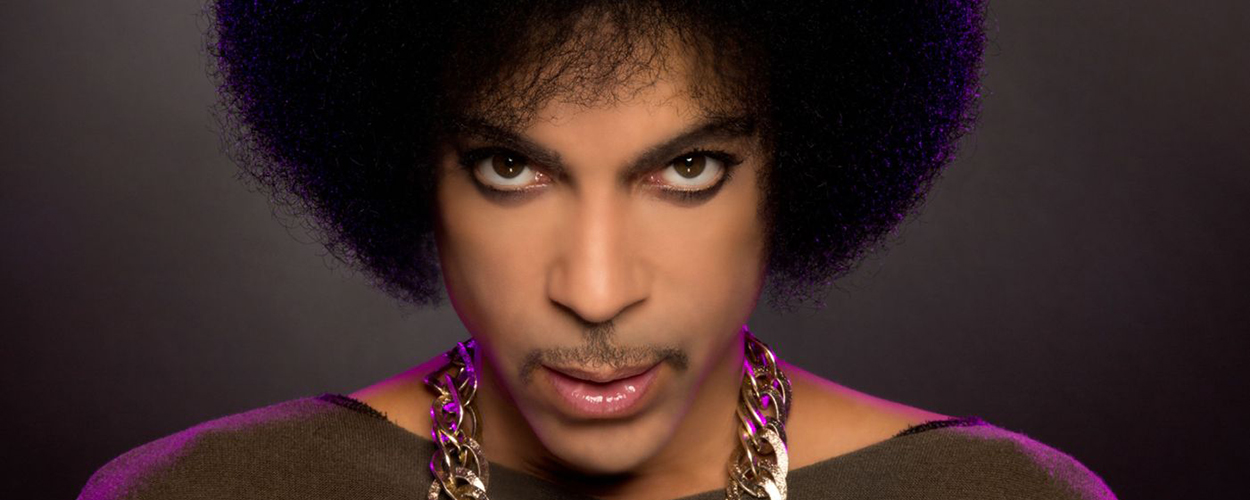This website uses cookies so that we can provide you with the best user experience possible. Cookie information is stored in your browser and performs functions such as recognising you when you return to our website and helping our team to understand which sections of the website you find most interesting and useful.
Artist News Business News Legal
Prince wrongful death lawsuit dismissed, but estate wrangling continues
By Chris Cooke | Published on Tuesday 21 January 2020

A wrongful death lawsuit filed by members of Prince’s family was quietly dismissed in recent months it has emerged. Meanwhile, attempts to finalise the value and long-term status of the musician’s estate continue, with some of his siblings having to sell a share in their stake in order to continue paying for legal representation.
Prince’s family first filed a wrongful death lawsuit in April 2018, targeting various people and companies who, they argued, contributed to the star’s death by an accidental fentanyl overdose in 2016. That despite police previously concluding that there was not enough evidence to confirm who had provided the drugs that actually killed the musician.
At various points last year individual defendants were removed from the lawsuit, including the doctor and medical centre that treated Prince in the weeks before his death, and US pharmacy chain Walgreens, which had provided the star’s prescribed drugs.
According to the Associated Press, the case has now been entirely dismissed. Neither the family nor the various defendants have commented on that development, though the newswire quotes one legal expert as saying that the wording of court papers suggests that in at least some cases settlement deals were reached with those accused of negligence.
Elsewhere, efforts to value the estate are ongoing, with legal reps still negotiating with American tax authorities. Various siblings are the beneficiaries of that estate, and there have been a number of disagreements between said siblings as to how things should be run.
One new dispute relates to the decision of sibling Tyka Nelson to sell a portion of her share of the estate to music company Primary Wave for an undisclosed sum. She says that she did that deal to access short-term funds, in part because of the costs of participating in the legal process around the valuing and settlement of the wider estate.
Other siblings are now objecting to the proposal Primary Wave be treated as an “interested person” in ongoing discussions and legal wranglings.
Ironically, legal experts say that all these disputes between the siblings are contributing to the delays in them being able to properly manage and benefit from the estate.
It’s not unusual for large estates to take a long time to be valued and finalised, especially if, like Prince, the deceased had no will. But one lawyer, Minneapolis-based Susan Link, told the AP: “If the beneficiaries are agreeing and working together in lock-step, it doesn’t matter how much the estate is worth, you can get things done”.





